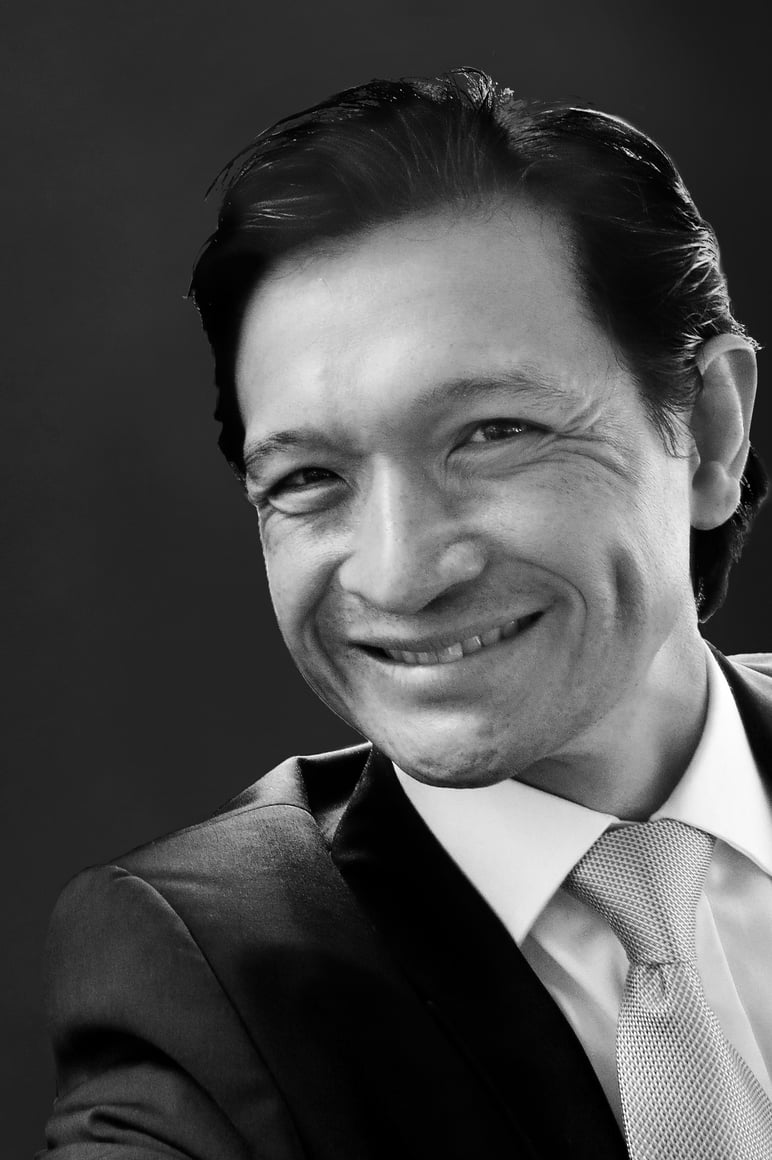
China-linked crime probe: the Vancouver student, his luxury UBC apartment, and a 7kg bag of ‘drug money’
Xing Wei was found with C$140,000 in cash during an investigation into a crime group that allegedly ran illegal casinos and laundered proceeds of drug trafficking, loan sharking, kidnapping and extortion
The handover allegedly took place in a Vancouver parking lot, not far from the Downtown Eastside, ground zero of a deadly opioid epidemic that has claimed hundreds of lives.
But after taking delivery of the hefty-looking black bag in the back seat of his Jeep SUV on April 29, Xing Wei was pulled over by police in the Granville Street shopping district, according to a lawsuit launched by British Columbia’s Director of Civil Forfeiture last week.
Inside the car with Wei were his wife and son. Inside the bag was C$140,000 (US$112,000) in alleged drug money, rubber-banded in bricks of $20 notes and weighing a total of about 7kg.
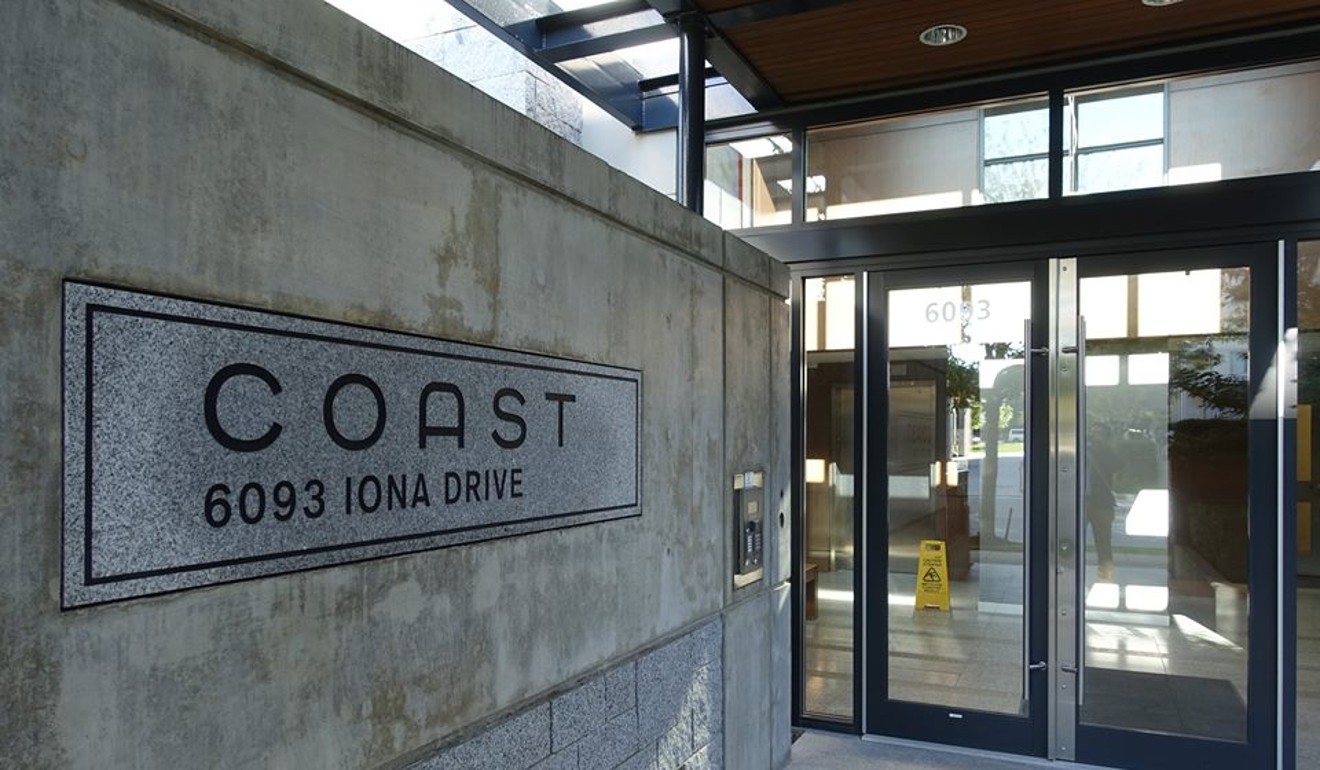
But police believe he was linked to a Vancouver organised crime group connected to mainland China, that allegedly ran illegal casinos in BC and laundered cash from drug trafficking, loan sharking, kidnapping and extortion.
None of the claims, relating to an ongoing police operation called Project Enationalize, have been proven in court. They are described in the forfeiture claim to the cash, registered in BC’s Supreme Court last Thursday, as well as previous police statements.
Staff Sergeant Lindsey Houghton, spokesman for BC’s Combined Forces Special Enforcement Unit that is conducting Enationalize via its illegal gaming team, said no one has yet been charged and he could not identify suspects.
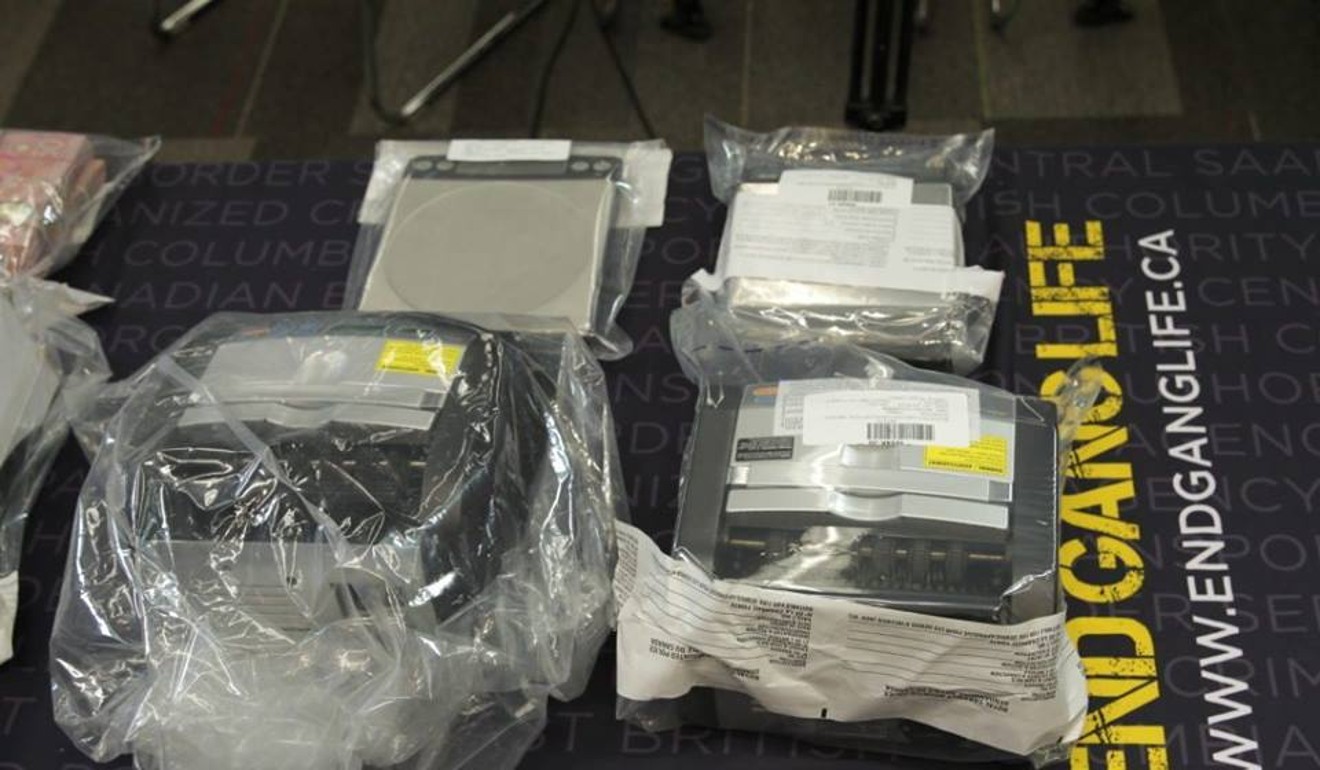
“Top-tier organised crime is not easy to tackle and requires a coordinated approach to achieve results. The individuals associated with this level of criminal activity conducted their operations in a sophisticated manner,” Assistant Commissioner Kevin Hackett of the CFSEU said at the time.
The Civil Forfeiture office says in its claim that a sniffer dog reacted “positive” to drug residue on the C$140,000 found in Wei’s car . “Mr Wei did not have sufficient legitimate income to have acquired the money ... [he] obtained the money by participating in the unlawful activity,” namely, drug trafficking and tax evasion, the supreme court action states.

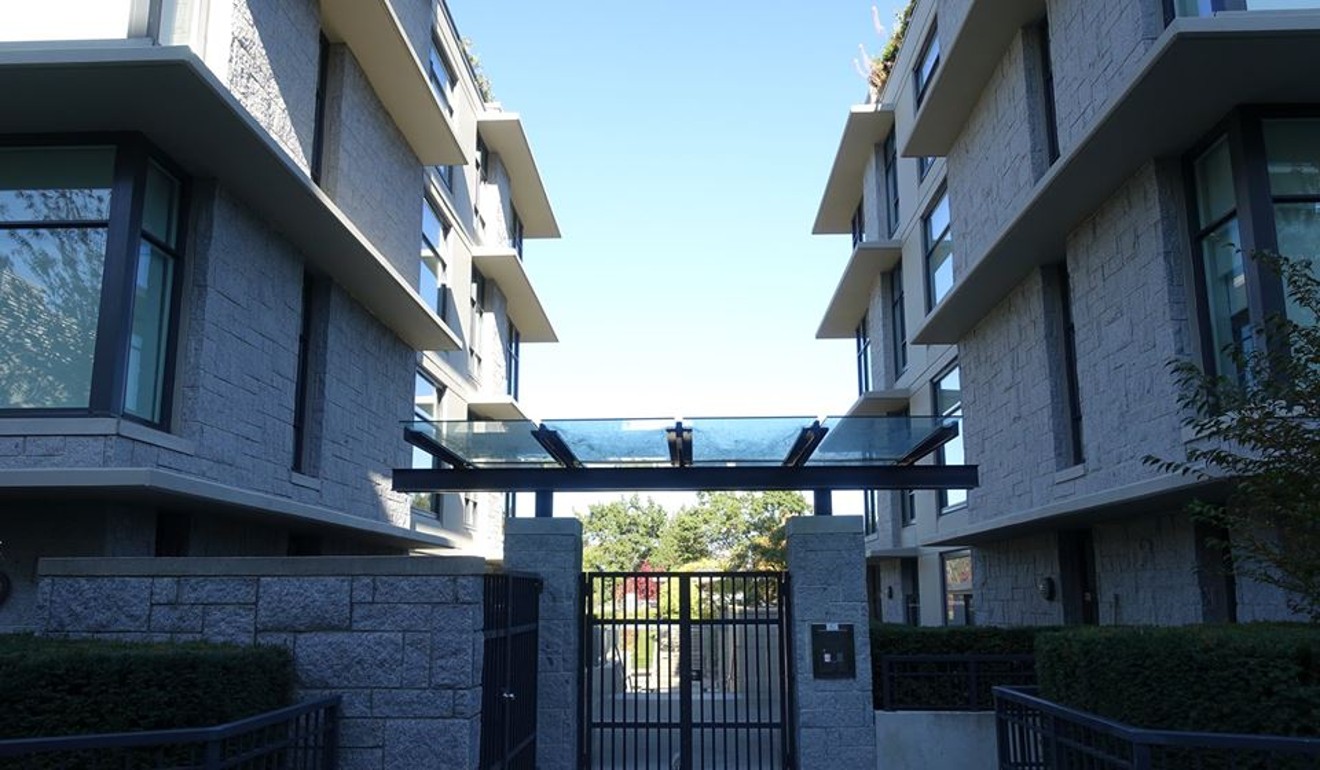
On a recent morning, a procession of luxury vehicles with young drivers could be seen exiting the Coast car park.
In the legal action, Wei is alleged to have told police that although he was a student, he was also collecting employment insurance.
He was apparently not an original target of Enationalize. Instead, the court action says, police were tracking another man who met Wei in the underground parking lot of a Shoppers Drug Mart on West Pender Street on April 29.
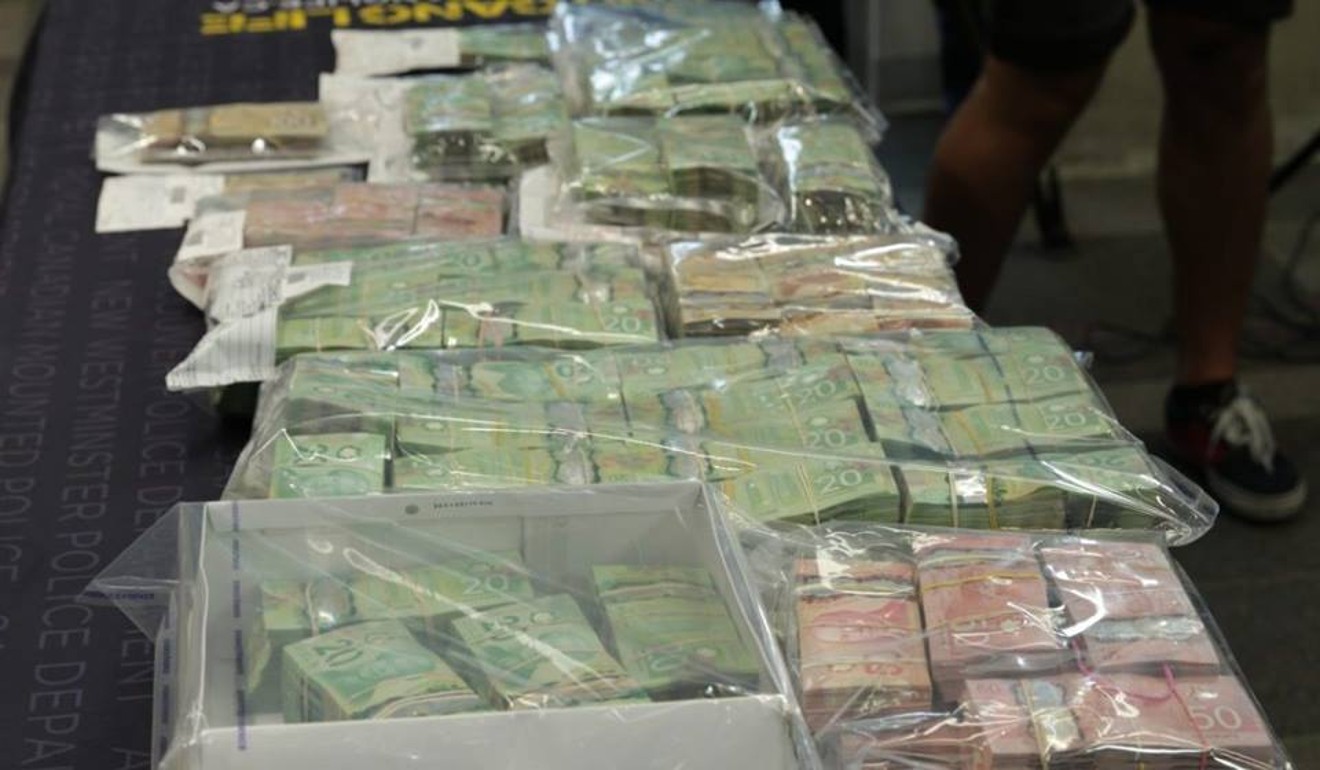
A spokesman for UBC said privacy rules prohibited it from confirming whether Wei was enrolled.
*
The Hongcouver blog is devoted to the hybrid culture of its namesake cities: Hong Kong and Vancouver. All story ideas and comments are welcome. Connect with me by email [email protected] or on Twitter, @ianjamesyoung70.

